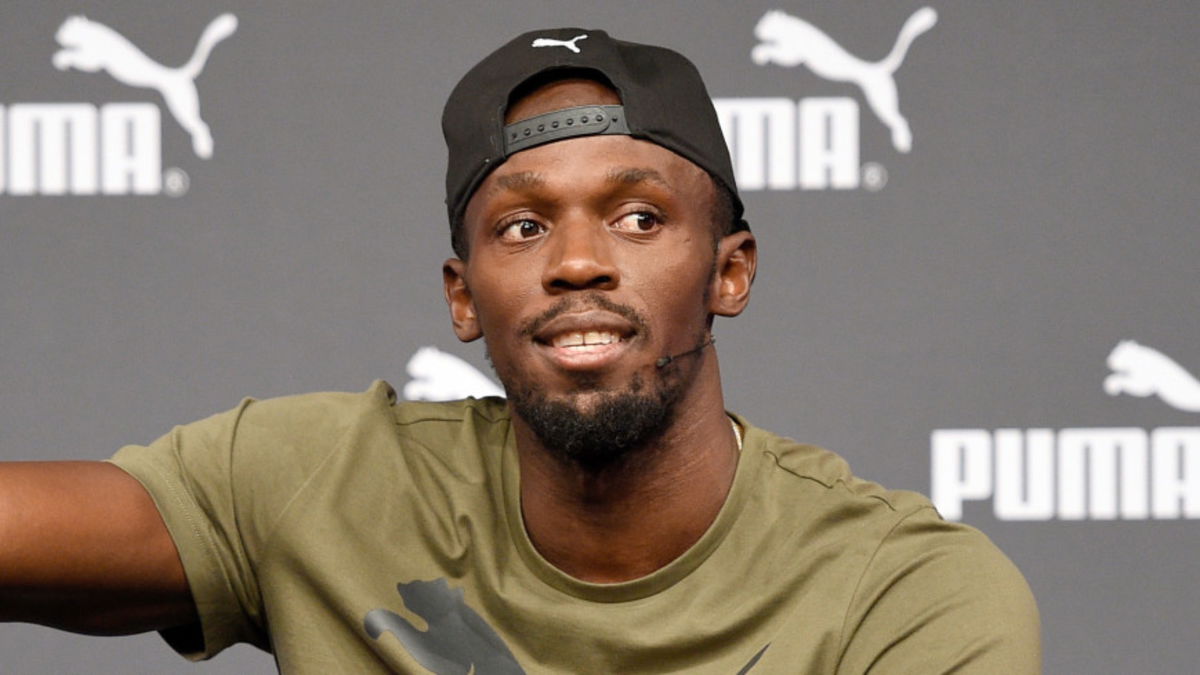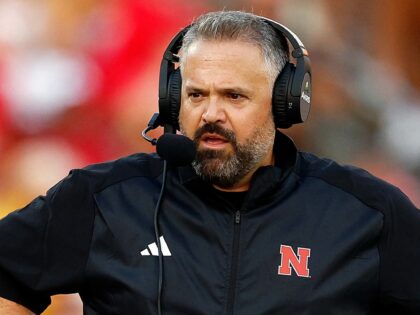Racing against Usain Bolt wasn’t just a competition. It was a privilege. For over a decade, lining up beside him meant you were in the presence of greatness, even if your best finish was second. Because when you’re running next to the man who owns the world records in both the 100 meters (9.58) and 200 meters (19.19) and has eight Olympic golds to his name, the race becomes something more than a contest. It becomes a moment etched in history. But in a recent admission, the Jamaican icon revealed that if he had known just how deeply he’d miss competing, he might have extended his career.
To athletes, sharing the track with Bolt meant joining a piece of sporting immortality. He wasn’t just winning races. He was changing the sport, electrifying crowds, and becoming the benchmark against which every future sprinter would be measured. But now, years removed from the roar of the stadium and the adrenaline of the starting blocks, Bolt has revealed a side few ever saw coming.
Despite everything he achieved, the world’s fastest man carries a quiet regret of not getting to compete in the Tokyo Olympics. On Puma’s Go Wild podcast with Colin Jackson on April 30, Usain Bolt made an honest confession that caught even his most loyal fans off guard. He sometimes wishes he’d kept going. “I would have probably gone four more years. Maybe. And say, you know what? Let’s try for Tokyo,” Bolt said.
It wasn’t the training he missed, far from it, but the adrenaline of high-stakes competition and the thrill of world championships. That hunger, it turns out, never truly faded. Bolt shared, “I don’t miss the training, but I do miss the competition… I really wanted to go [to the Olympics], but I got injured playing football.” It’s a striking reflection coming from an athlete who once made winning look effortless.
Even today, more than a decade later, athletes speak his name with awe, using his legacy as the gold standard. Yet behind the accolades and the seemingly flawless career arc is a human truth: walking away from greatness doesn’t mean you stop longing for it. “If I knew what my after-track life was going to be like,” Bolt said candidly, “I would have retired ten years earlier… But I was enjoying athletics. I won world titles and European titles all after that ten-year period. But this part, I really enjoyed this bit too.”
What Bolt describes isn’t regret in the traditional sense. It’s the ache of knowing you had more to give and the realization that domination sometimes disguises desire. “Because I dominated so much, I was like, I don’t need to go. But… if I knew I was going to miss it so much, I would have said, you know what, let me go four more years,” he admitted.
It’s a rare moment of vulnerability from the fastest man alive. A reminder that even legends look back, wondering, “What if?” Especially when their records remain untouched and the roar of the crowd still echoes in their memory.
The untold layers of Usain Bolt’s sprinting legacy
Usain Bolt’s career wasn’t just a highlight reel of world records and gold medals. It was also marked by controversy and criticism. After his double-gold triumph in the 100m and 200m at the 2008 Beijing Olympics, Bolt’s exuberant celebration rubbed some the wrong way. Then-IOC president Jacques Rogge criticized him, saying, “I think he should show more respect for his competitors… The way it was perceived was ‘Catch me if you can.’ You don’t do that.”
Despite shattering records, Bolt’s electric persona often clashed with traditional expectations. And that criticism didn’t stop there. It followed him throughout his career, from his slow starts to his final appearance on the world stage. That last race came in 2017 at the World Athletics Championships in London, and it didn’t end in glory. During the anchor leg of the 4x100m relay, Bolt collapsed on the track, clutching his hamstring in pain.
In a shocking twist, rumors began to swirl that the sprint icon had faked the injury because he was too far behind to win. The accusation deeply insulted Bolt, a man who had built his entire legacy to finish what he started. After years of enduring both admiration and criticism, he found himself defending not just his legacy but his very character.
And yet, through the noise, Bolt remained human. Honest, vulnerable, and occasionally surprising. Long before retirement, he made a jaw-dropping confession that added a layer of humility to his myth. He once believed only one man could beat him, Asafa Powell. “Asafa, you’re the only man in the world I think can beat me,” he allegedly told his fellow Jamaican sprinter, as revealed by Powell in 2011.
Powell, a former world record holder himself, never won an individual Olympic gold, but that rare nod from Bolt might have meant even more. For a man often painted as unbeatable, Bolt’s quiet acknowledgment of a worthy rival reminds us that even legends have their moments of doubt and admiration.
The post Usain Bolt Voices Regret Over Retirement as Jamaican Track and Field Legend Makes Honest Claim appeared first on EssentiallySports.



